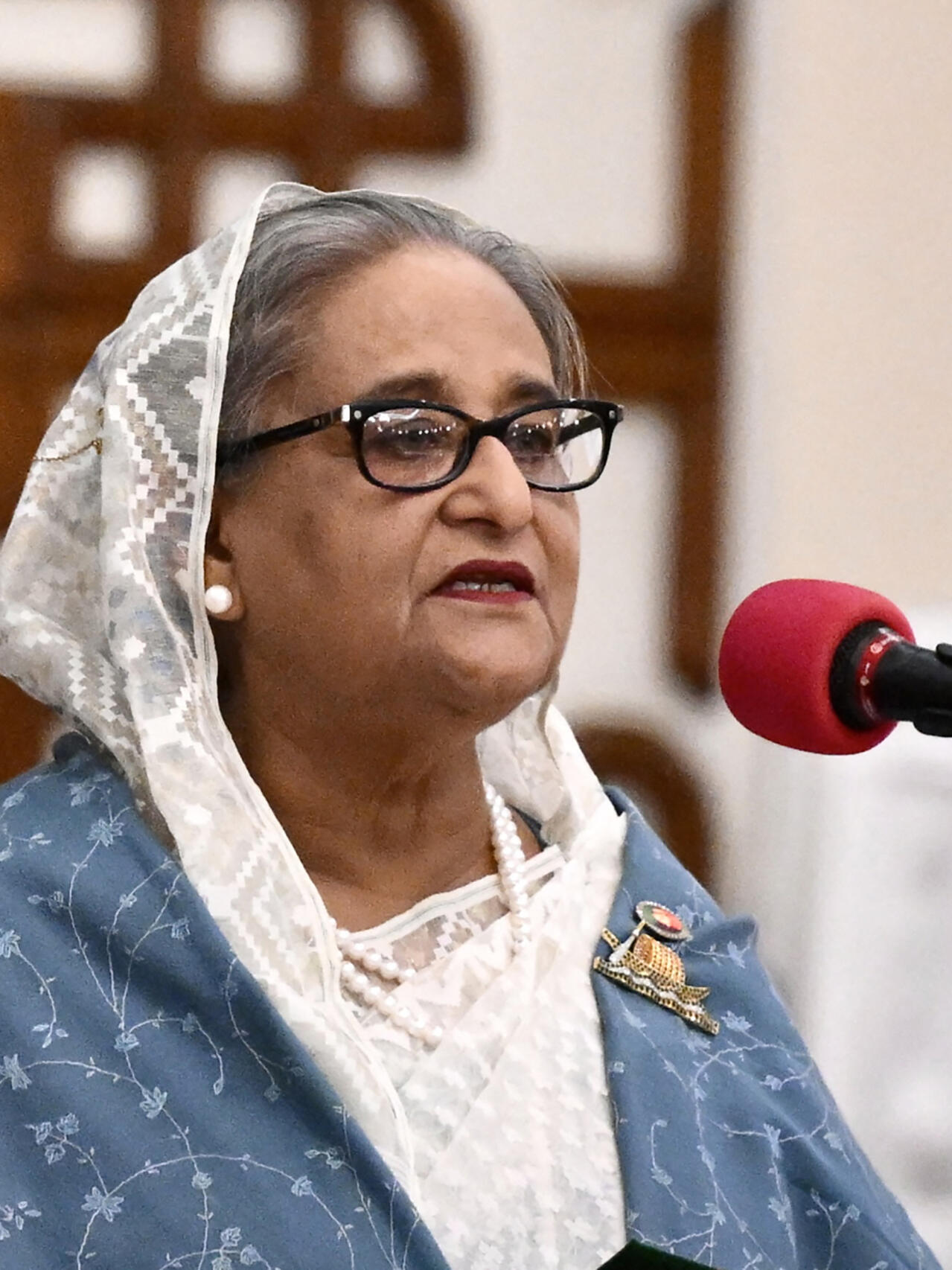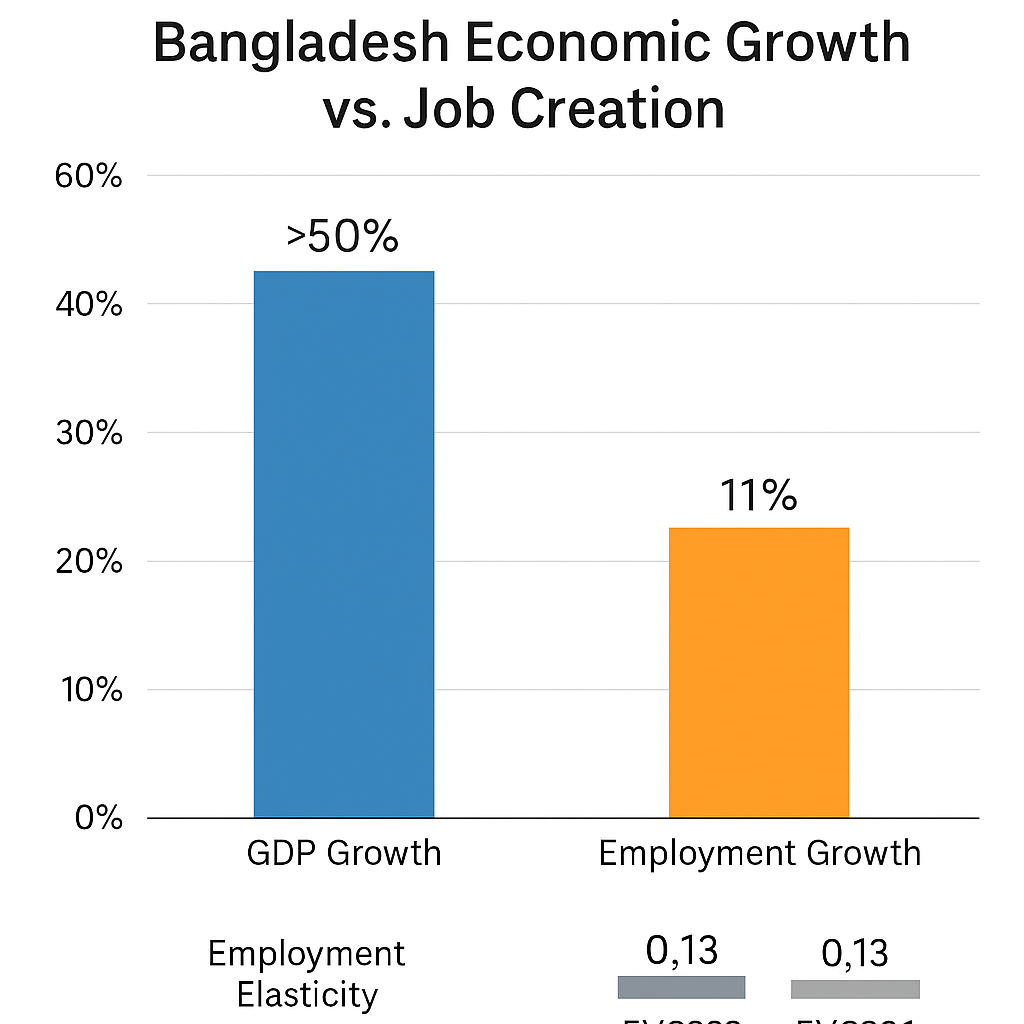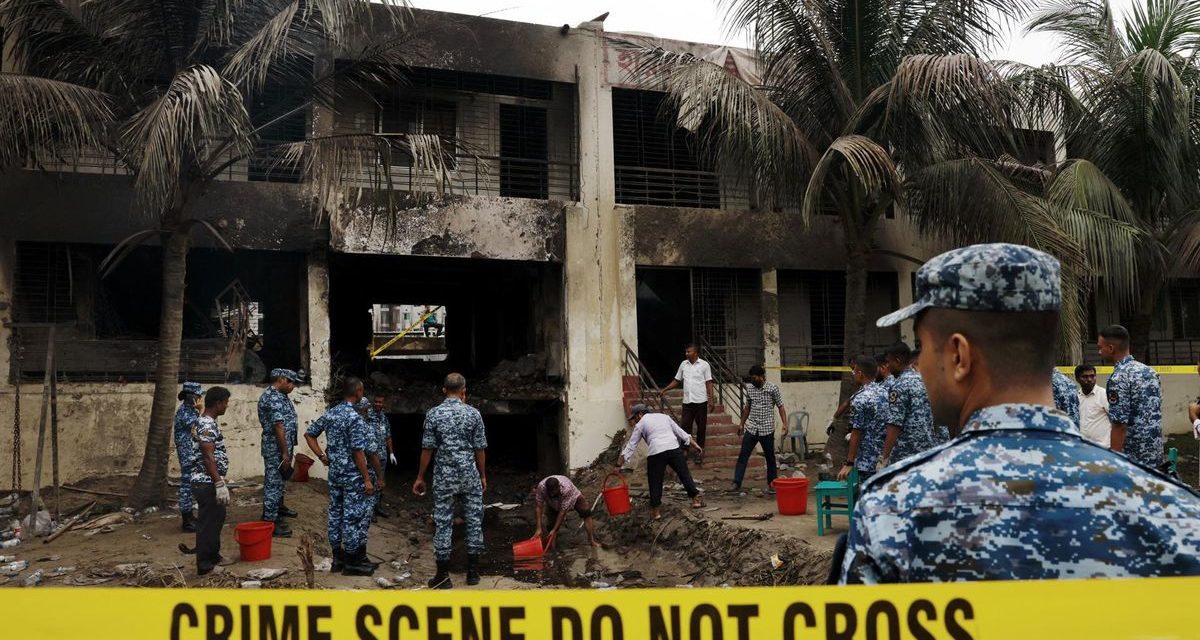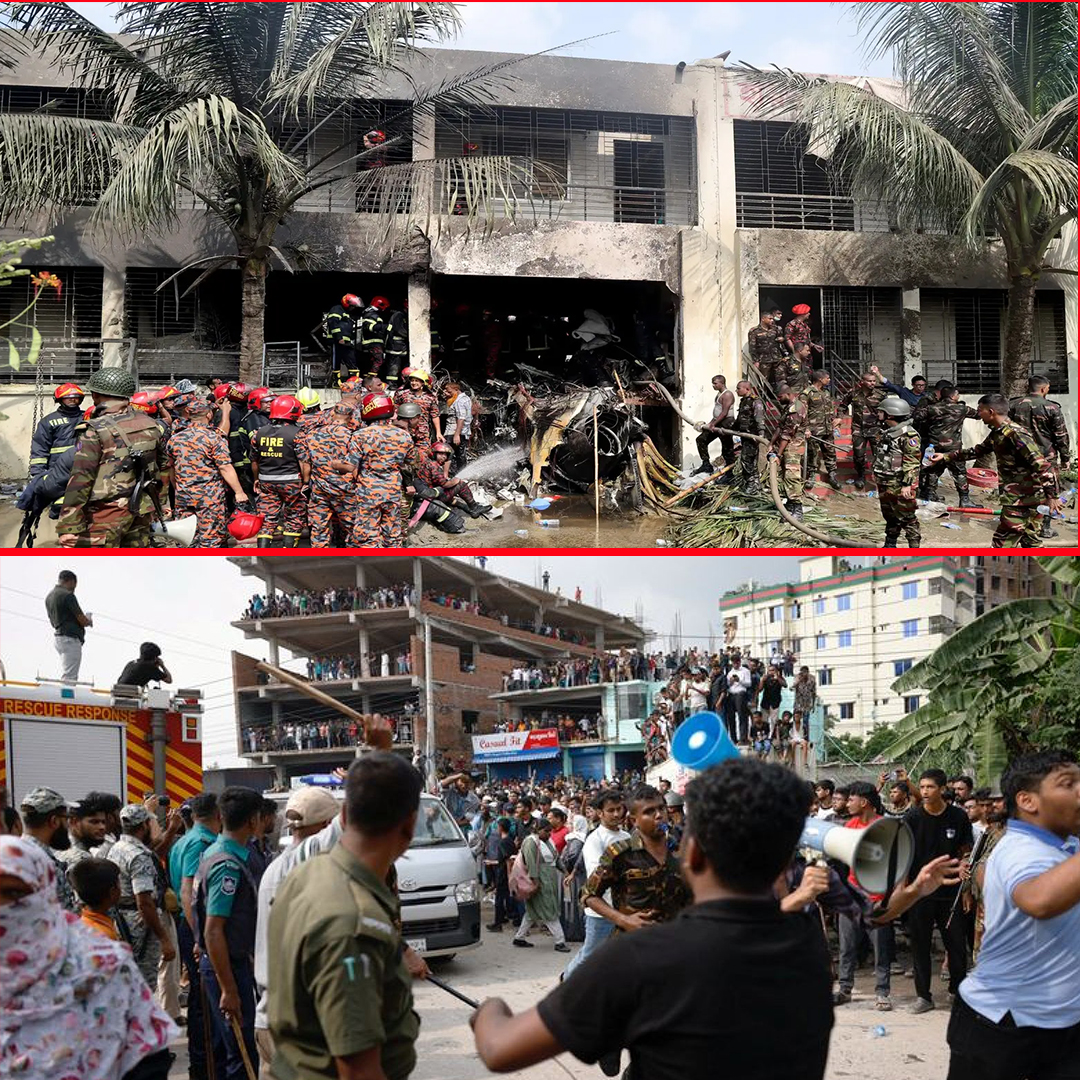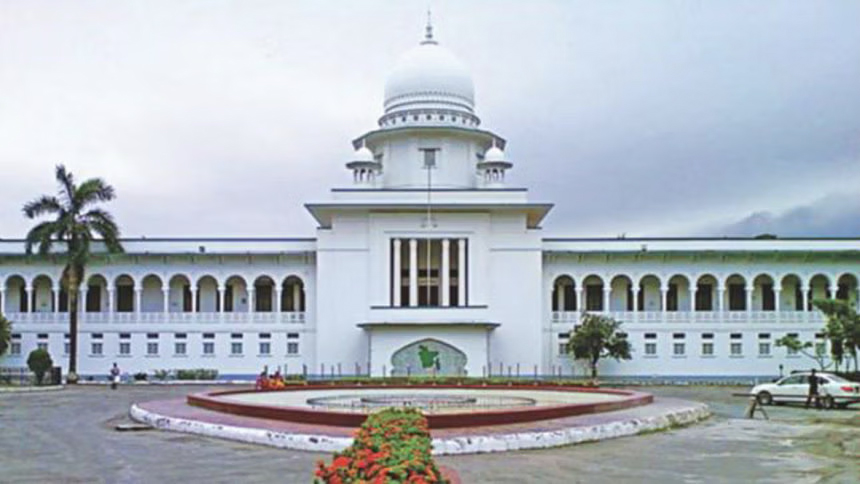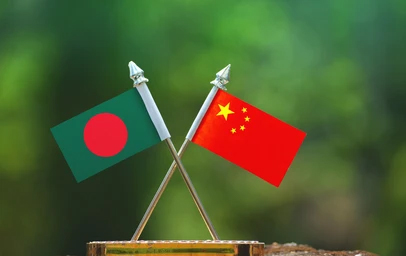
At the ASEAN Regional Forum, Beijing pledges deeper cooperation as the Bangladesh reform agenda gains international backing.
Chinese Foreign Minister Wang Yi has expressed Beijing’s strong support for the reform initiatives of Bangladesh’s interim government led by Chief Adviser Muhammad Yunus. During a high-level meeting on the sidelines of the 32nd ASEAN Regional Forum (ARF) in Kuala Lumpur on July 11, Wang Yi assured Bangladesh of China’s readiness to deepen cooperation in multiple sectors, including trade, investment, energy, and healthcare.
Wang Yi met with Bangladesh’s Foreign Affairs Adviser Touhid Hossain, who is currently leading the country’s delegation at the regional summit. During the meeting, the Chinese foreign minister welcomed the reform measures undertaken by the interim administration, describing them as “forward-looking” and “aligned with development goals.” He reiterated China’s commitment to being a stable and reliable partner during this transitional phase in Bangladesh.
China’s backing comes at a critical moment, as the interim government is working to stabilize governance, improve institutional integrity, and attract renewed foreign investment ahead of general elections expected by mid-2026. The government, led by Chief Adviser Muhammad Yunus, has been pursuing administrative, electoral, and economic reforms in a bid to ensure long-term national development and stability.
Adviser Touhid Hossain expressed gratitude to China for its longstanding support to Bangladesh, particularly during this transitional period. He acknowledged China’s assistance in various infrastructure and development projects and welcomed further cooperation in key sectors. Hossain urged Beijing to continue investing in Bangladesh’s growth, especially through private sector engagement and expanded trade opportunities.
One of the key appeals made by the Bangladeshi delegation during the meeting was for China’s constructive role in resolving the protracted Rohingya refugee crisis. Hossain emphasized that a durable solution to the crisis, which has displaced over a million Rohingya from Myanmar into Bangladesh since 2017, requires active international engagement. He called on China, given its influence in Myanmar, to exert pressure for a safe, voluntary, and dignified repatriation of the Rohingya population to Rakhine State.
In response, Wang Yi acknowledged the humanitarian burden borne by Bangladesh and expressed readiness to work with all stakeholders for a peaceful resolution. However, he did not provide specific timelines or new commitments, underscoring the complexity of the issue.
Beyond diplomacy, both sides discussed expanding collaboration in emerging and traditional sectors. Wang Yi noted the growing interest among Chinese investors to engage in Bangladesh’s economic zones and industrial parks. Referring to the recent Bangladesh-China Investment Forum, which brought together business leaders and officials from both countries, he highlighted opportunities in textiles, energy, information technology, electronics, light engineering, medical tourism, and agro-processing.
China remains Bangladesh’s largest foreign investor and a key trading partner. In the first quarter of 2025 alone, Chinese investment in Bangladesh increased by 3.7 times compared to the previous quarter, driven by agreements worth over $400 million signed since late 2024. Chinese companies are also participating in infrastructure development under the Belt and Road Initiative, with ongoing projects in transportation, power generation, and communication networks.
Wang Yi encouraged Bangladesh to expedite negotiations on upgrading the existing Bilateral Investment Treaty and to consider a Free Trade Agreement between the two countries. He emphasized that such frameworks would facilitate smoother trade, minimize tariff barriers, and boost confidence among investors. Adviser Hossain expressed openness to these suggestions and noted that Bangladesh’s trade and commerce ministries are examining the feasibility of such agreements.
The two sides also discussed the need for better cooperation in hydrological data sharing, water resource management, and disaster resilience. Given Bangladesh’s vulnerability to climate-related events, both countries agreed on the importance of technological exchange and early warning systems. China pledged to assist Bangladesh with knowledge transfer and training programs in water management and flood forecasting.
Adviser Hossain further requested China’s continued support for Bangladesh at multilateral platforms, including the United Nations, ASEAN, and other regional initiatives. He reiterated the interim government’s commitment to upholding democratic principles and ensuring inclusive development, while navigating the transition toward a fully elected government.
Following his meeting with Wang Yi, Adviser Hossain also held discussions with Canada’s Foreign Minister Anita Anand on bilateral trade and humanitarian cooperation. The meetings signal Bangladesh’s broader diplomatic effort to engage both Eastern and Western partners in support of its national priorities.
Chinese Ambassador to Bangladesh Yao Wen recently echoed similar sentiments, stating that China has full confidence in Bangladesh’s reform efforts and the eventual transition to a new elected government. He emphasized that China’s support will remain consistent, irrespective of political changes. Ambassador Yao also pointed to the need for improved logistics, customs facilitation, and financial mechanisms to enhance trade volume and mutual trust.
Bangladesh and China have a long-standing relationship that has strengthened over the past two decades, especially in the areas of infrastructure, defense, education, and culture. The visit of Chief Adviser Muhammad Yunus to Beijing in March 2025 reaffirmed this trajectory, with both sides signing several memorandums of understanding to boost cooperation in areas such as climate resilience, disaster mitigation, cultural exchange, and digital governance.
In conclusion, the endorsement by China of Bangladesh’s ongoing reforms is expected to boost international confidence in the interim government’s agenda. It reflects growing convergence between Dhaka and Beijing on economic and strategic interests, while also opening avenues for deeper cooperation in addressing shared challenges such as regional instability, climate risks, and humanitarian crises.
source : thedailystar


